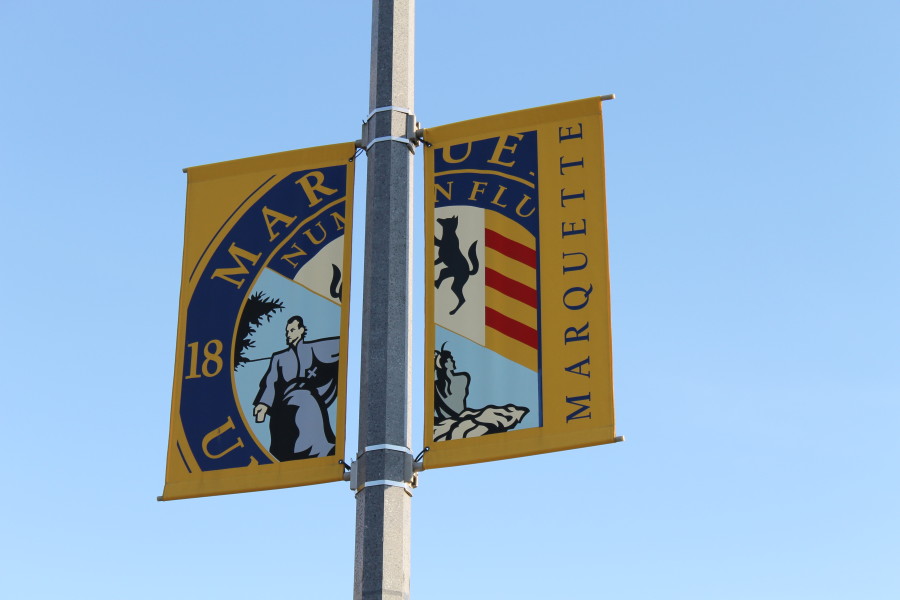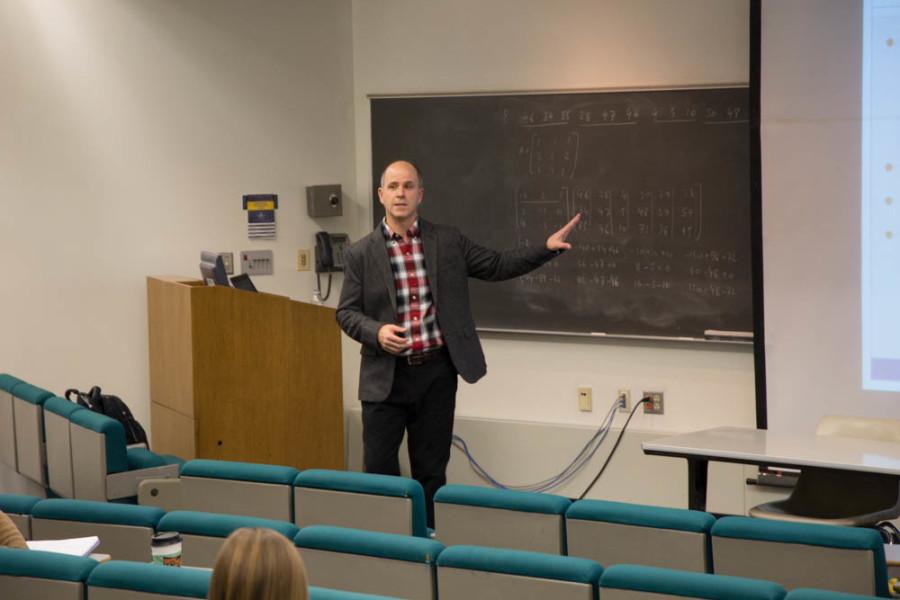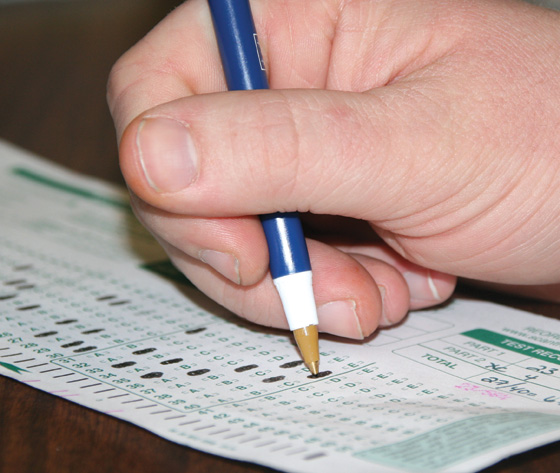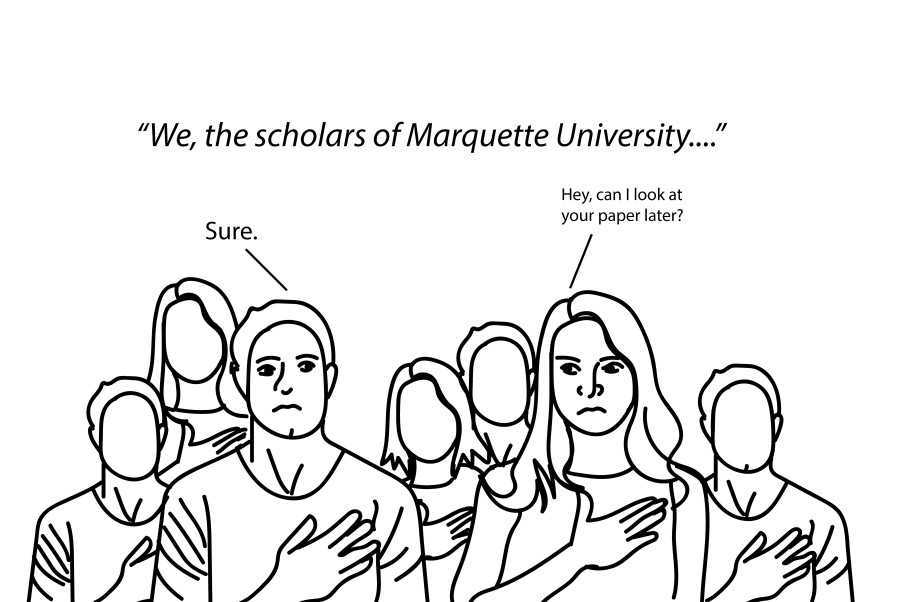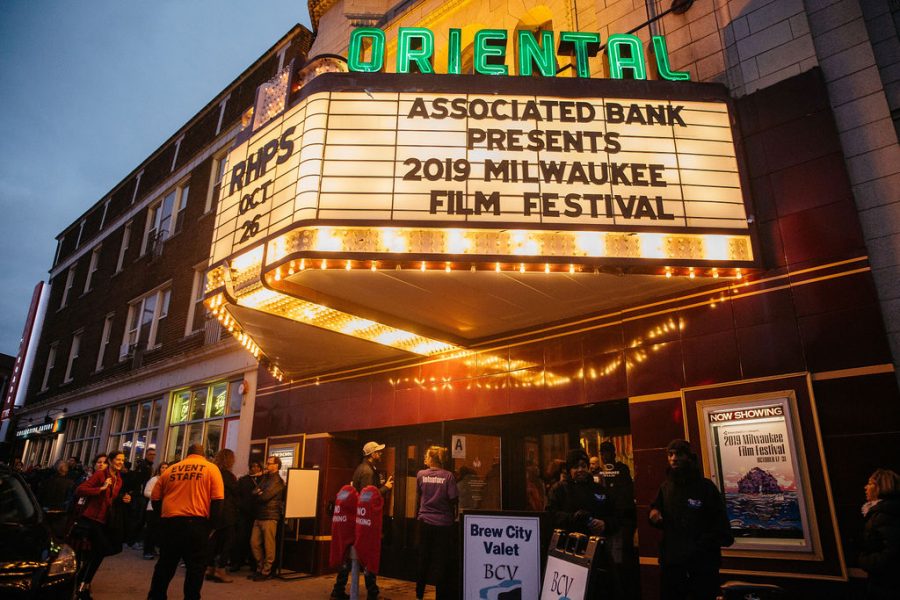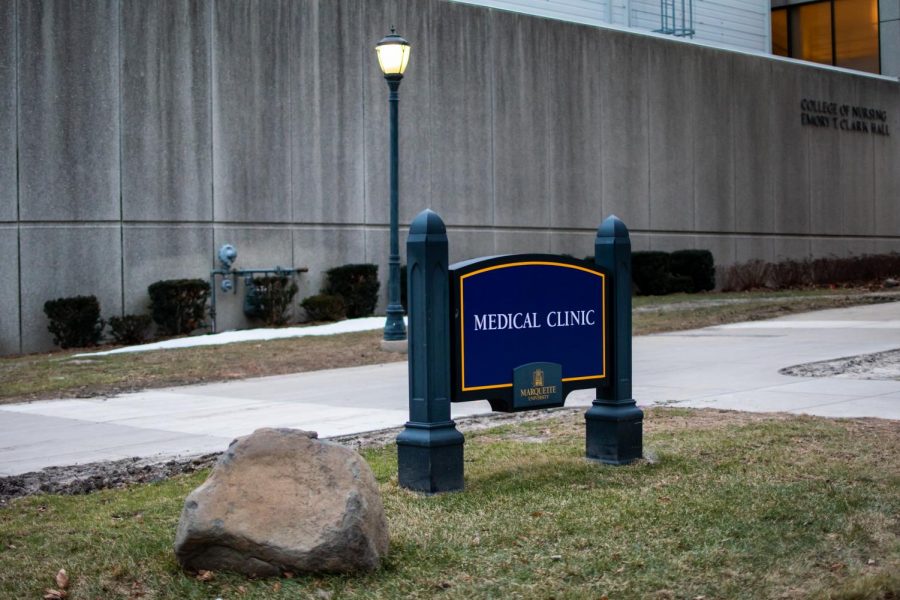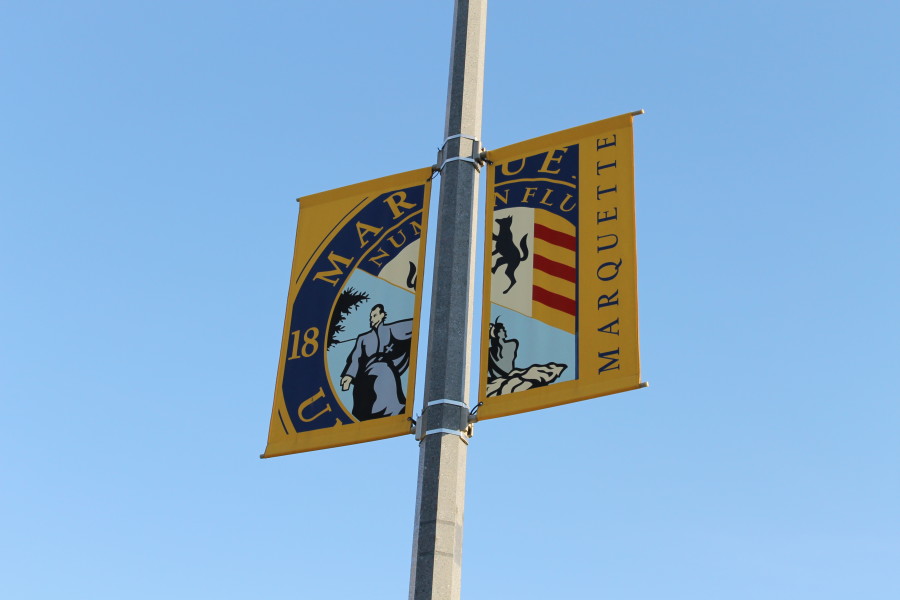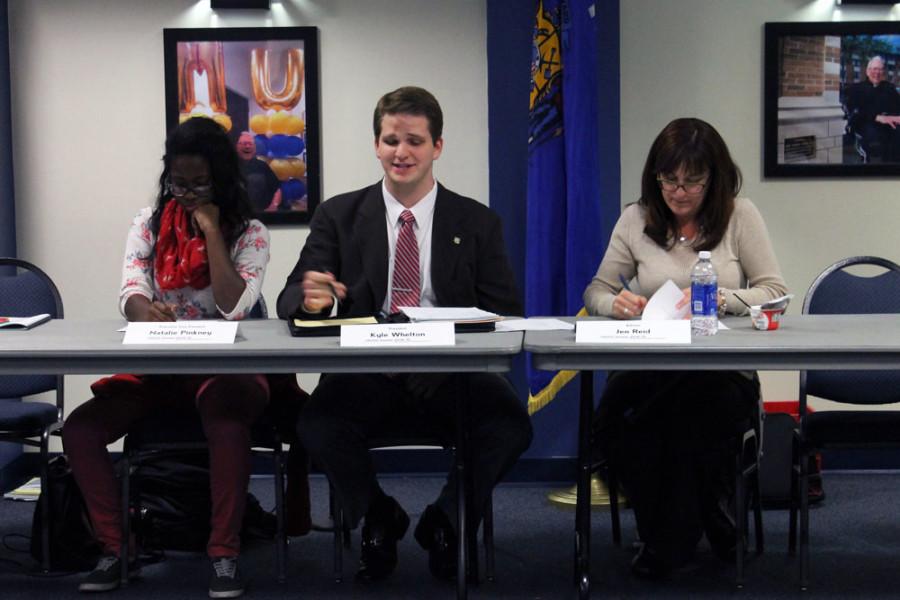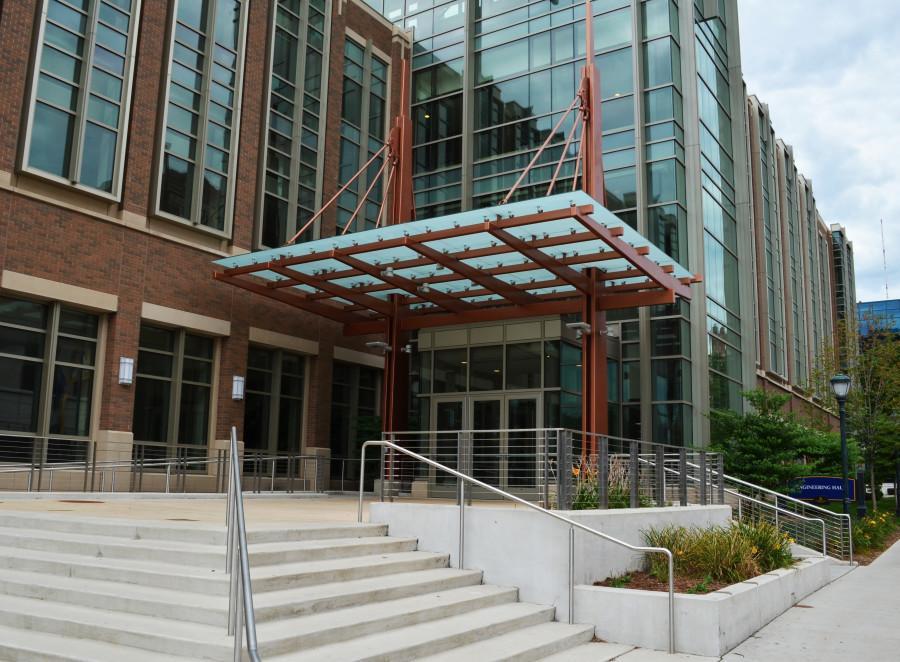Marquette is continuing to push for greater awareness of academic integrity on campus, offering a presentation on the subject Monday afternoon.
Gary Meyer, vice provost for undergraduate programs and teaching, and Mark Federle, associate dean of academic affairs, led the presentation — attended by one student — where they highlighted changes at the university and outlined plans for the future on academic integrity.
“The whole idea is to make Marquette a place where academic integrity matters,” Meyer said. “If the university can become an institution where academic integrity matters, the value of your degree goes up.”
Although changes were first implemented this year, ideas to initiate change were first planned in 2009. Meyer said the point was to implement a system that proactively educates students and faculty members about academic honesty.
“We’d been seeing all of these violations across the board,” Meyers said, “so we asked ourselves, ‘what are we doing to deal with academic misconduct?’ The answer was, ‘not much.'”
The university created an “honor code” and an “honor pledge” to reiterate its commitment to academic integrity, and all the undergraduate students were required to take an online tutorial on the topic. In the coming semesters, graduate students will also be expected to complete the tutorial.
Federle said 10 percent of universities have some sort of honor code in place.
“In theory, that means the degree you’re getting should be viewed as an even better degree in my perspective,” he said.
Part of the goal in centralizing Marquette’s system for dealing with violations was to make a more consistent process across colleges. Until now, each college dealt with violations in their own way.
“We realized we had eight or 10 people across campus dealing with the same issues in different ways,” Meyer said. “We didn’t know whether the consequences were similar for the same behavior.”
Now, the plan is to create a centralized review board for serious cases of misconduct. The board will consist of the associate dean or the dean’s representative of the violating-student’s individual college, two faculty members, and two students.
First time offenses, most undergraduate offenses and so-called “minor” cases of misconduct will be dealt with in an expedited process.
Marquette will also form an “honor council,” which will have student members as well, and will oversee matters of academic integrity.
By 2010, Meyer said the Office of the Provost pulled together a committee to look at academic integrity on campus, and the committee decided on three initiatives to pursue: the honor code, centralizing the mechanism to adjudicate academic dishonesty, and implementing an educational initiative to teach people about the problem.
By January 2013, then-Provost John Pauly put together a group to analyze and implement the three initiatives this past fall.
Meyer stressed, though, that Marquette did not have a worse problem with academic dishonesty than other universities. According to a 2010 study by Rutgers University, about 75 percent of students that took part in the survey admitted to engaging in academic misconduct at least once during their college careers.
“Most students don’t go into the classroom thinking ‘I’m going to cheat,'” Meyer said. “They compromise their integrity when things need to be completed in a short amount of time.”
That’s why Meyer said he would encourage students to talk with their professors when they feel they are getting behind, to ask for an extension or some other compromise to help them complete their work in an honest way.

